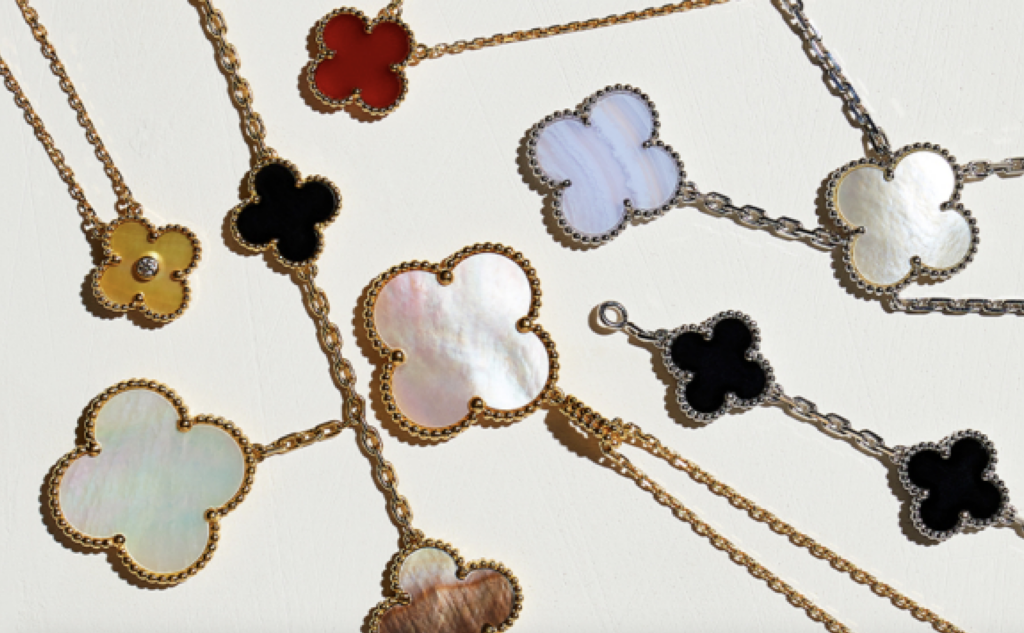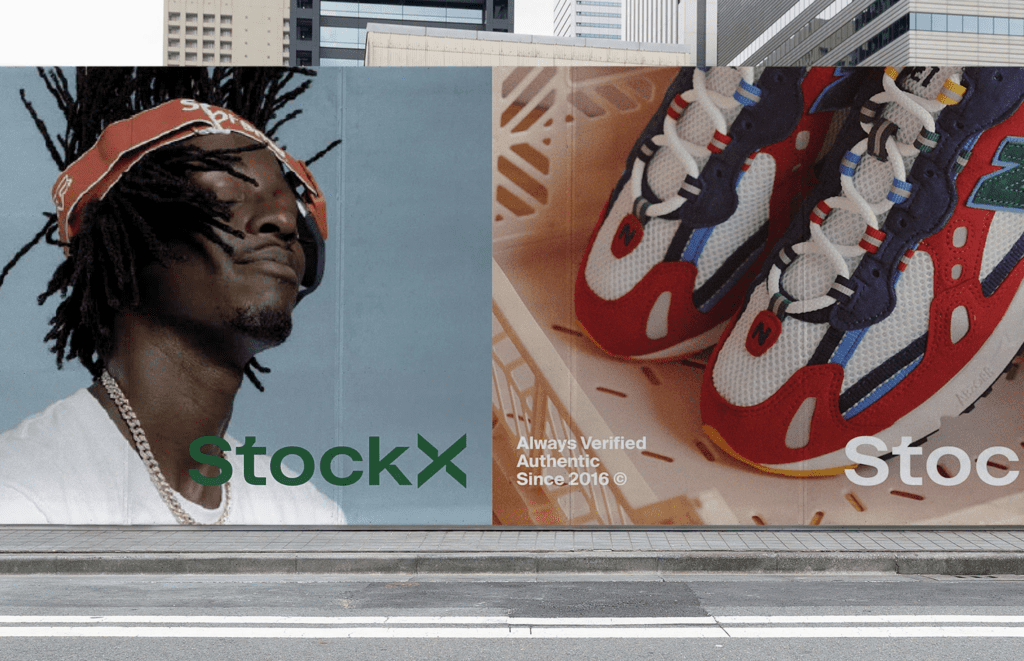OTB is headed into the metaverse. The Italian fashion group that owns Diesel, Maison Margiela, Marni, Jil Sander, Viktor & Rolf, and Amiri announced on Tuesday that it has formed a new business unit: Brave Virtual Xperience (“BVX”), which will be entirely dedicated to the development of products, projects and experiences designed for the metaverse, as brands ranging from sportswear giants to luxury fashion houses continue to test the waters of the virtual world in an attempt to engage with consumers in a medium that is being widely touted as the future.
The goal of BVX is to “connect younger consumers to fashion and lifestyle brands, and to create projects capable of accelerating the growth of OTB [by] generating new business opportunities in the metaverse,” the Renzo Rosso-led group revealed, pointing to a recent research report by Morgan Stanley, which stated that the metaverse, gaming and NFTs could constitute 10 percent of the luxury goods addressable market by 2030, thereby, signaling that the rise of the virtual world could boost profits for the fashion/luxury sector by roughly 25 percent.
Specifically, OTB states that as part of the new venture, which will be led by Stefano Rosso, a member of the OTB Board of Directors and of the Board of Aura Blockchain Consortium, and the founder of lifestyle platform D-Cave, it will focus on the development of “new methods of direct interaction with the end customer, with the aim to strengthen the engagement and extend the offering of digital products, focusing on NFTs and gaming.” At the same time, the group says that BVX will serve all the brands under the OTB umbrella, as well as “the main players and platforms in the gaming and metaverse industry, which are looking to develop products and experiences for the next frontier of consumer engagement.”
In a statement on Tuesday, OTB chairman Renzo Rosso, who is the chairman of OTB Group, asserted, “I have always believed that technology was the next frontier for the fashion industry. Through BVX we want to lead the transformation of the fashion and luxury industry and meet the demands of current and future consumers to deliver products and experiences in the metaverse. Stefano is the right person to lead this change, thanks to the skills he has acquired over the years in this sector and his ability to identify and implement the evolutions of this industry.”
Stefano Rosso asserted that “BVX has the ambition to drive the digital transformation at OTB Group and its brands toward the future of our society, which will merge the life in the real and virtual world,” noting that in his view, “unlocking the potential of our brands in the gaming world and metaverse is definitely the most exciting experience to work on.”
A $1 Trillion Opportunity for OTB & Others
The move from OTB comes as brands rush to bank on the opportunities presented by the metaverse, a space that combines immersive virtual reality, massive multi-player online gaming platforms, and various other facets of the web. In the past several weeks, alone, Nike announced a partnership with Roblox to enable its fans to “connect, create, share experiences, and compete” in a “bespoke” virtual world called Nikeland. Adidas teased its own impending venture into the metaverse – or the “adiVerse” – with platform The Sandbox. London-based brand Stefan Cooke teamed up with EA to bring menswear to The Sims universe, and Moncler debuted a collaboration with Epic Games in a tie-up that sees its collaboration with 1017 Alyx 9SM enter into the Fortnite virtual world.
Even vacuum-maker Dyson wants in, opening a virtual-reality showroom, which it says will eventually incorporate fully integrated e-commerce and customer service capabilities.
All the while, Winklevoss-led company Gemini has raised $400 million to build a decentralized metaverse, i.e., “one where we believe there’s greater choice, independence and opportunity, and there is technology that protects the rights and dignity of individuals,” Cameron Winklevoss said recently. And Niantic, the augmented reality platform behind Pokémon GO, announced this past week that it closed a $300 million round to fund its plan to build a “real-world metaverse.”
Zooming out to what the metaverse looks like on a more macro level, the space is being valued at much more than $50 billion. In a note this month, as cited by OTB, Morgan Stanley put a $50 billion valuation on the opportunities for fashion and luxury goods brands, alone, in the metaverse, noting that as of now, “revenue streams from digital mediums for luxury brands are negligible, [but] we think this is about to change.” The bank’s analysts “expect the whole [fashion/luxury] sector to benefit from the advent of the metaverse,” but said that they see “soft luxury brands (ready-to-wear, leather goods, shoes, etc.) as particularly well positioned.” More recently, crypto giant Grayscale has put a striking $1 trillion annual figure on the space with advertising, digital events, e-commerce, and hardware, among some of the revenue-driving parts of the surging industry.
Against this background, OTB’s formation of a metaverse-specific division by way of BVX is likely to be an increasingly common move from fashion and luxury goods groups, as well as more mass-market giants, alike.














